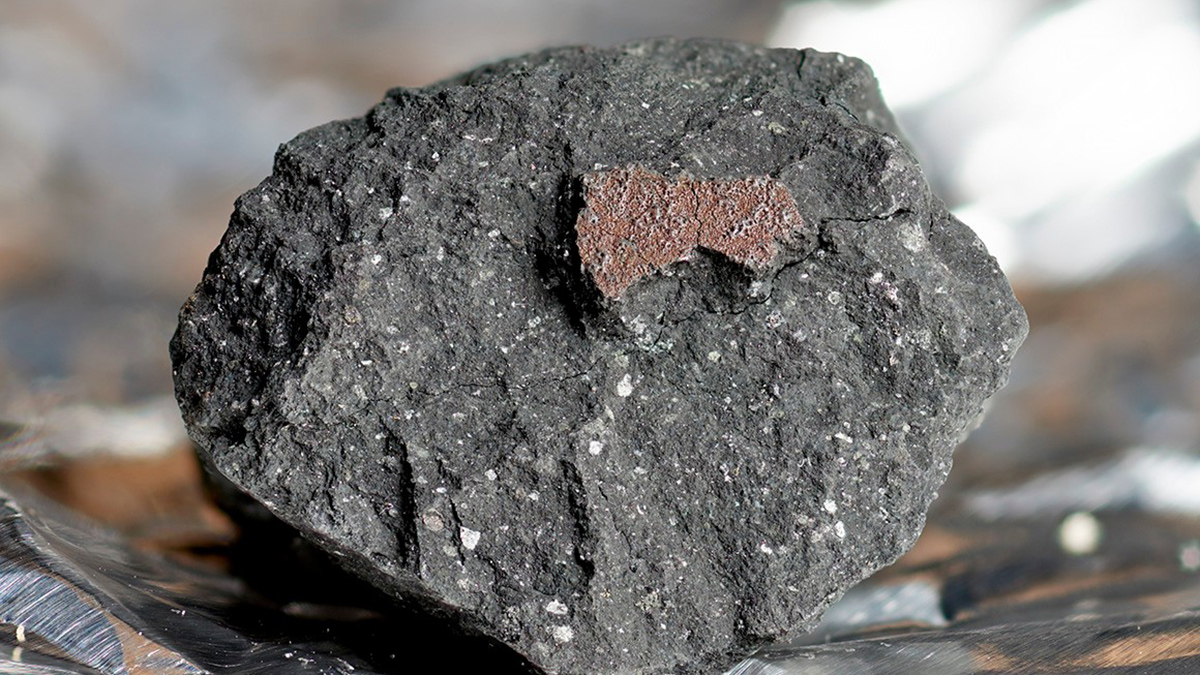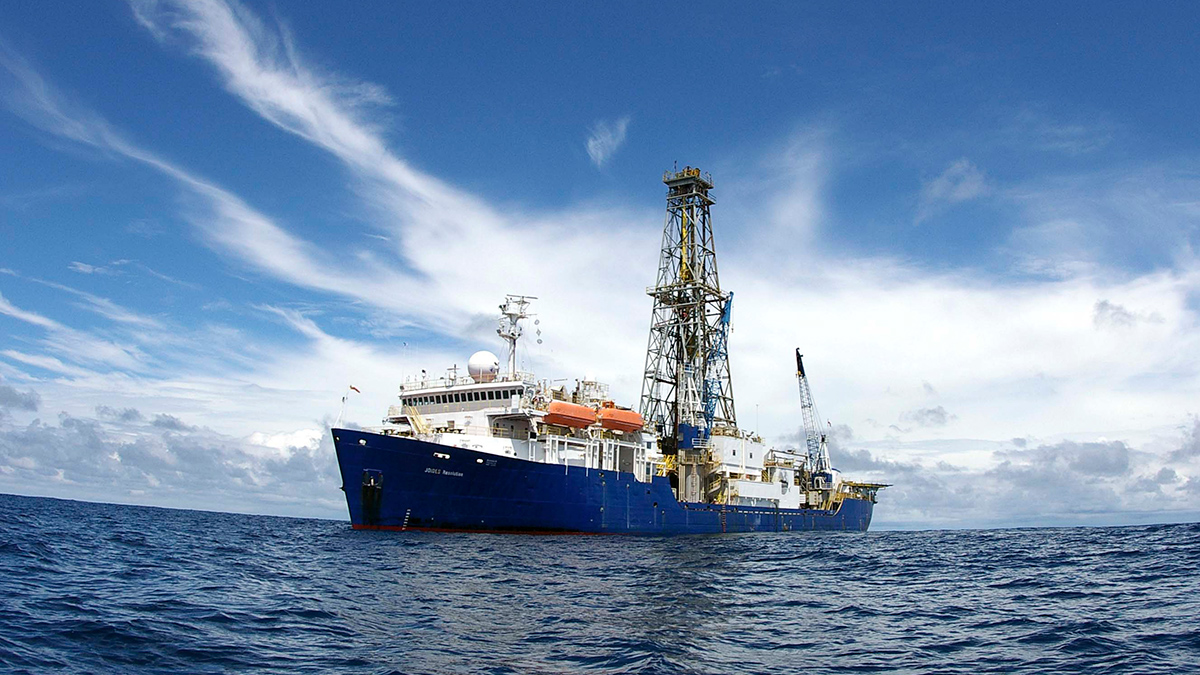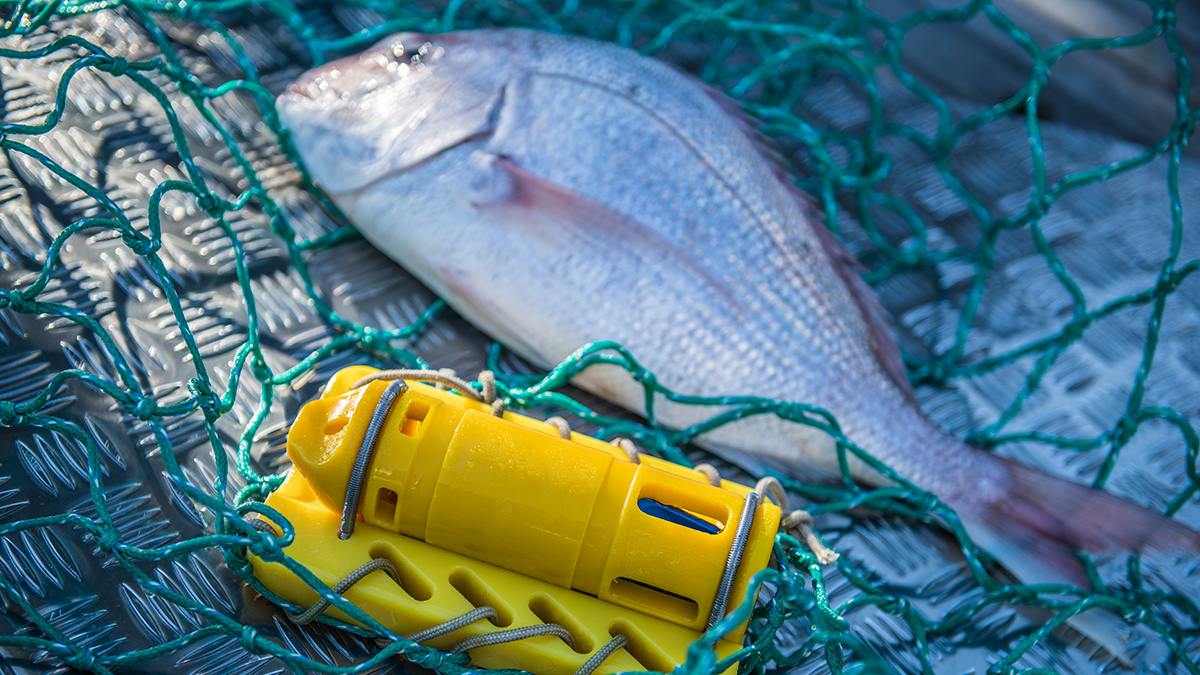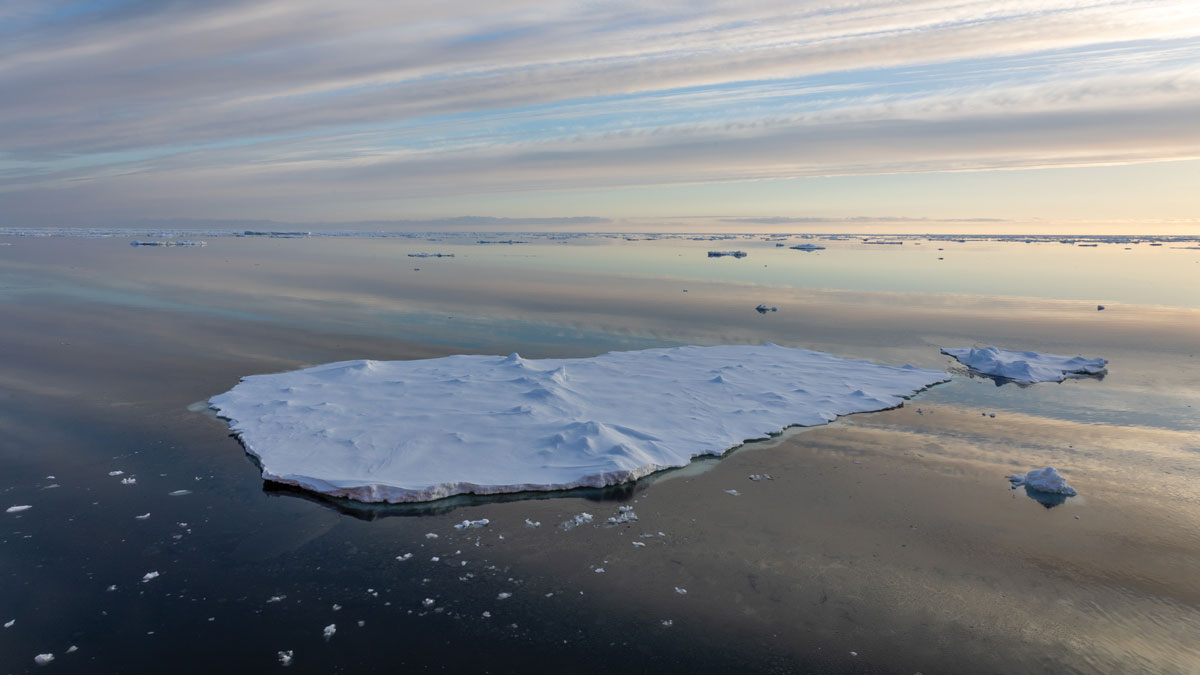Tracing anthropogenic radionuclides shows researchers how water from the Atlantic flows into and mingles with Arctic currents.
Oceans
Toxic Metal on the Rise in the Baltic Sea
Postwar reconstruction is likely the cause of elevated thallium levels, but low-oxygen, high-sulfide conditions keep the material, which is extremely dangerous to mammalian health, from moving into the human food chain.
A Splashy Meteorite Was Forged in Multiple Collisions
The Winchcombe meteorite was recovered, largely from a driveway, just hours after it fell to Earth, preserving evidence that its early relatives could have filled Earth’s oceans.
The JOIDES Resolution Embarks on Its Final Expedition
On the ship’s last cruise, scientists will collect data to help predict future effects of climate change.
Seals Help Scientists Make Discoveries in Antarctica’s Bellingshausen Sea
By analyzing hydrographic information gathered by seals and an undersea glider, researchers found new meltwater currents, as well as a new seafloor trough.
The Moana Project Braids Tradition and Science for a More Sustainable Ocean
Scientists and Māori communities in Aotearoa New Zealand are gathering knowledge on marine conditions and ecosystems to protect livelihoods and help ensure a sustainable future for the blue economy.
A Step Closer to Solving the Fermi Paradox
Finding evidence of complex life elsewhere in the Milky Way galaxy hinges on locating rocky planets with plate tectonics and a mixture of landmasses and oceans, new research suggests.
Confined at Sea at the End of the World
Embedded on a research cruise in the Antarctic, a journalist joins a scientists’ “summer camp.”
Balancing the Deep Ocean Plastics Budget
Up to 11 million metric tons of plastic are sitting on the seafloor, mostly near coasts and shipping corridors.
Coral Larvae Journey Far and Wide in the Western Indian Ocean
Researchers mapped coral reef connectivity across the Seychelles archipelago to inform conservation efforts in the face of climate change.










